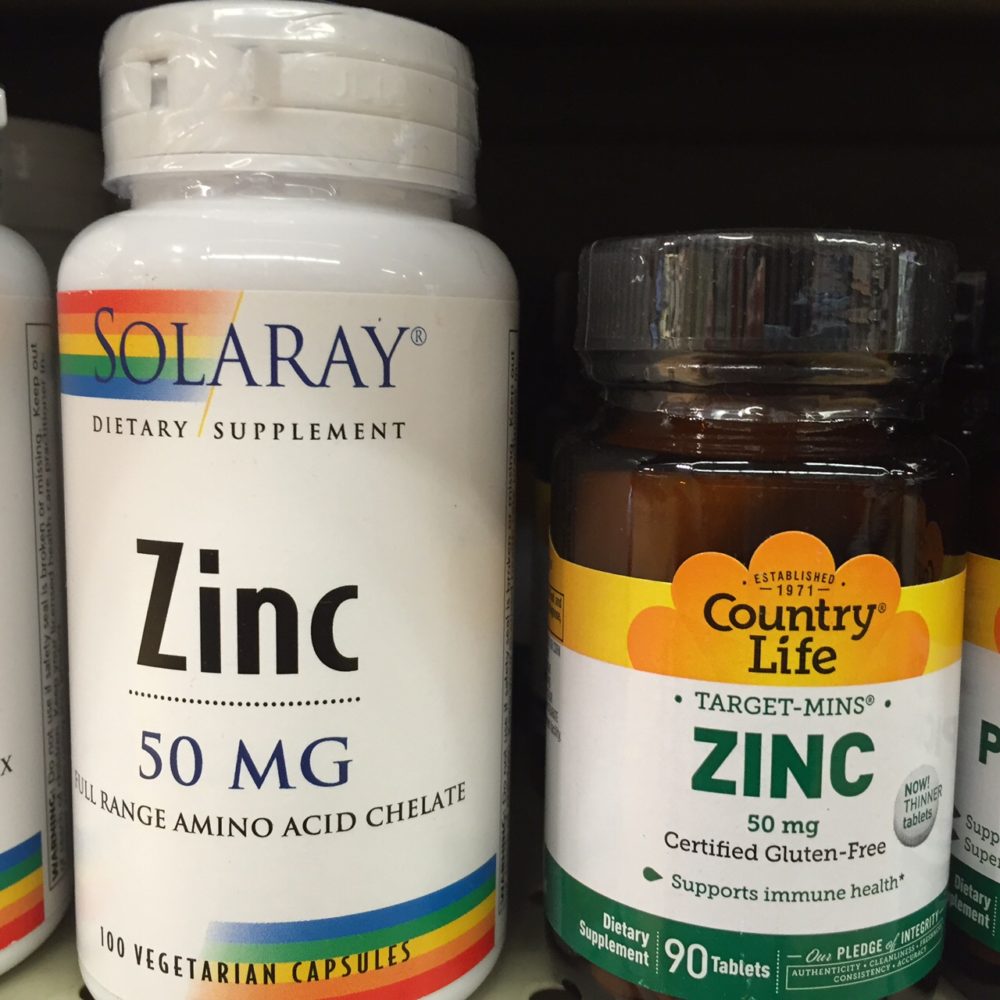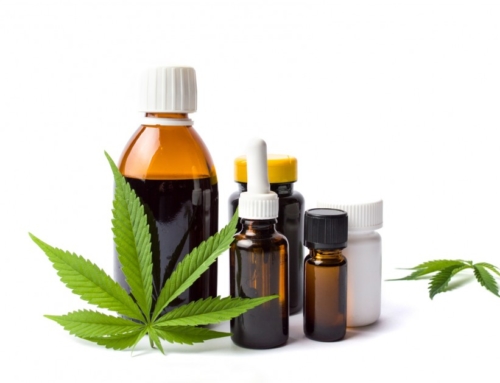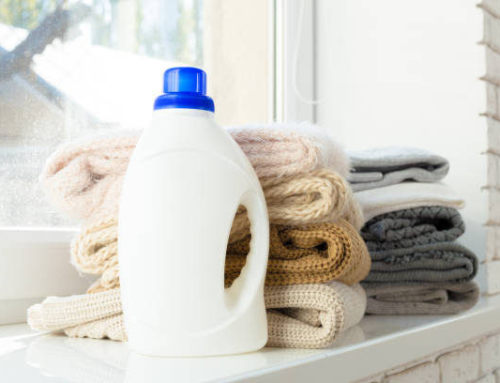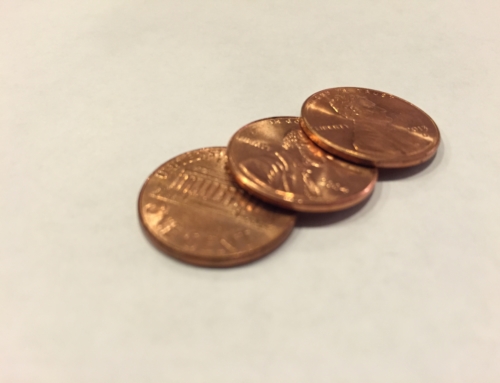Project Description
If you have any reason to suspect your pet has ingested something toxic, please contact your veterinarian or one of the other resources listed:
• ASPCA Animal Poison Control Center 24-hour hotline at (888) 426-4435
• Pet Poison Helpline® 24-hour animal poison control service at (855) 764-7661
Zinc

Zinc is a common cause of toxicity, particularly in birds. While zinc is found as a herbal supplement, it can also be found in household products such as batteries, U.S. pennies, stainless steel, fluorescent lights and paints.
Signs and symptoms of toxicity: vomiting, diarrhea, increased thirst, extreme fatigue, refusal to eat, jaundice, difficulty breathing and swelling.
Toxic consumption: The minimum threshold for toxicity is not known. If exposure is suspected seek treatment as soon as possible.
References:
– Zinc. In: Plumb’s Veterinary Drugs. Tulsa (OK): Educational Concepts, L.L.C. [updated 8/14; accessed 8/27/15]. https://www.plumbsveterinarydrugs.com/#!/monograph/1821
– Papich MG. Saunders Handbook of Veterinary Drugs: Small and Large Animal. 3rd ed. St. Louis, MS: Elsevier Saunders; 2011.
Pet Poison Control is provided free as a public service by the American College of Veterinary Pharmacists. Today we’re asking you to support us with a small donation. If you would like to dedicate your gift in honor or memory of a pet or individual, you will have that option before checkout. Your gift of any amount helps us maintain this resource and make it available to the pharmacy and veterinary communities. Thank you!





